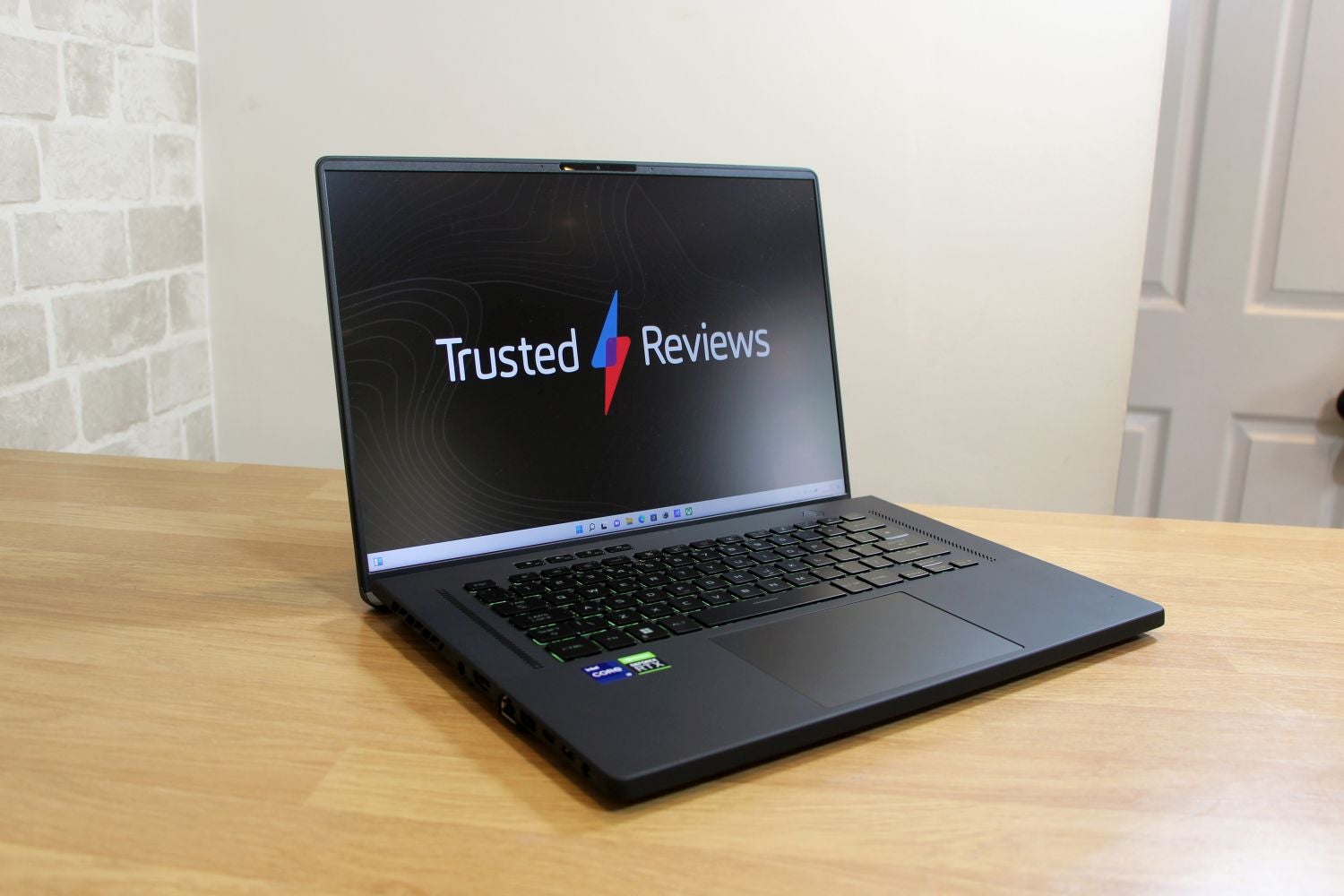EXFO Says Visibility and Service Guarantee of Full-Stack Platform from Chip Level
EXFO made a new announcement on Wednesday Adaptive service assurance solutions, It says it aims to help network operators provide a better 5G experience for their customers. The new solution combines EXFO’s existing Adaptive Service Assurance (ASA) platform with the Intel platform Telemetry, the company said. Together, operators gain visibility from the chip level to the full-stack platform, so they can determine if the error has occurred on a network, service level, or cloud infrastructure. The solution was developed to help respond to an emerging need from operators, according to EXFO’s research.
“81% of the surveyed operators expect that 5G network will be more difficult to solve than 4G network. Similarly, 69% of operators agree that error-detection and interconnection are more difficult in cloud-native networks, with 74% of them being forced to rely on their manual processes due to lack of adequate cloud-specific assurance tools, “the company said.
EXFO claims that the new solution will “close the gap between the cloud-native infrastructure and the visibility between the network and service layers.”
Using the new solution, operators can test the operational span of their entire network, up to Silicon, EXFO claims. The goal is to speed up resolution time and completely eliminate domain-specific error denials.
“Network virtualization is an evolutionary path that began with 4G and is now firmly established in 5G,” said Philip Morin, CEO of EXFO.
Morin added that the new challenge is to manage service-level agreements (SLAs) across both virtual and physical operators, especially when that infrastructure is owned by someone. This new solution gives operators the ability to identify, relate and solve problems regardless of their location, he explained.
Powered by Xeon
The key to ensuring this adaptive service is Intel’s data center-grade Xeon server processor. Processors combine on-board Artificial Intelligence (AI) and Network Function Virtualization (NFV) accelerators with Intel’s platform telemetry technology. Intel noted that it was using the Cloud Native Computing Foundation Opentelimetry This project provides an ideal industrial implementation for effectiveness.
“This enables operators to ‘see’ at the heart of the basic platform infrastructure and evaluate operational metrics, including health, usage, traffic congestion, power consumption and configuration checks,” the companies said.
Alex Koch, VP and GM, Intel’s Wireline and Core Networks division, noted that the security of services on mobile networks is well understood, but “the extra dimension of cloud-native infrastructure presents a new challenge for most operators.”
In February, EXFO announced a new partnership with Red Hat, focusing on ensuring adaptive service for 5G. Specifically, EXFO’s Nova Active μ Verifier Service Guarantee solution is now available as a Red Hat-certified container, which can be deployed on Red Hat’s OpenShift platform in a hybrid cloud environment.
The integration enables a cloud-native testing platform for the visibility of mobile networks from edge to core and cloud to ensure 5G mobile network performance, the partners said in a release. EXFO says the standard of certified solutions has already been demonstrated through a partnership with an anonymous North American Tier 1 operator network.
Last week, EXFO announced that the Active u-Verifier has been tested and verified on the SUSE Rancher container management platform, the open-source enterprise Kubernetes container orchestration system.













